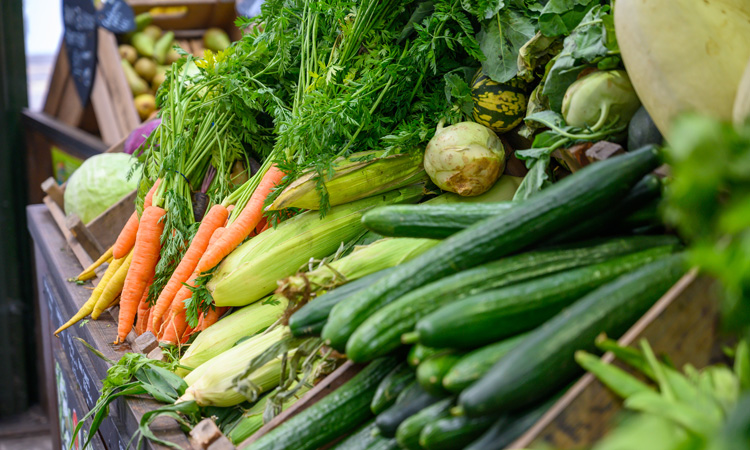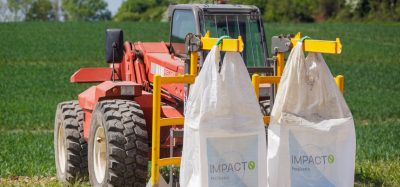Supply chains must be shortened to remain resilient, report claims
- Like
- Digg
- Del
- Tumblr
- VKontakte
- Buffer
- Love This
- Odnoklassniki
- Meneame
- Blogger
- Amazon
- Yahoo Mail
- Gmail
- AOL
- Newsvine
- HackerNews
- Evernote
- MySpace
- Mail.ru
- Viadeo
- Line
- Comments
- Yummly
- SMS
- Viber
- Telegram
- Subscribe
- Skype
- Facebook Messenger
- Kakao
- LiveJournal
- Yammer
- Edgar
- Fintel
- Mix
- Instapaper
- Copy Link
Posted: 2 June 2020 | Sam Mehmet (New Food) | No comments yet
The Soil Association report looks at innovative farmers, businesses and councils already proving sustainable sourcing can be more resilient as well as being more environmentally friendly.


Shorter food supply chains can make the UK more resilient in the face of pandemics and climate change – but only with bold government intervention, according to a new Soil Association report, Shortening Supply Chains; Roads to Regional Resilience.
The report set out that local and national government have key roles to play in incentivising regional and more sustainable production through redirecting the £2 billion spent annually on public sector food.
It recommended re-writing public procurement regulations to allow a wider range of suppliers, no matter their size, to have flexible access to food contracts in places like schools and hospitals. It suggested moving away from the practice of having many fixed, high volume contracts with one large provider, which can lock out smaller and regional businesses.
“Coronavirus has highlighted the fragility of our supply chains and has allowed us to see that shorter, more direct food networks can be more resilient. We need bold intervention from local and national governments to support a resilient food system in the face of climate change and pandemics,” said Organic farmer Adrian Steele, one of the authors of the report and Organic Sector Development Advisor at the Soil Association.
“There are great examples already in the UK demonstrating that shorter supply chains can provide people with healthy and sustainable food sourced from their local area. But we also need the £2 billion being spent on food in schools and hospitals each year to be invested in a mix of businesses – both large and small – that are working to protect climate, nature and public health. We also need agricultural policy to reward farmers for nature-friendly, agroecological farming.”
The research, funded by Friends Provident Foundation, suggested that there is a lack of regulatory requirements for public sector organisations to source food that meets sustainability or regional sourcing requirements.
Establishing and enforcing sustainability regulations, the report advised, would drive up demand that could be further assisted by using the Agriculture Bill and post-Brexit farming policy to pay farmers to deliver “public goods” that look after the environment, water and air quality.
The report also recommended investing in creating local “food hubs” that can co-ordinate collection, packing and distribution of regionally produced food, to allow smaller producers to sell food to people in their area without incurring big delivery costs.
Recommendations also include changing local authority planning policy to enable the regional food processing and infrastructure which would be necessary to be built, as well as investment in developing closer relationships between local food procurers, caterers and producers.
Related topics
COVID-19, Environment, Food Security, Regulation & Legislation, Supply chain









